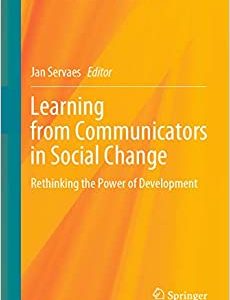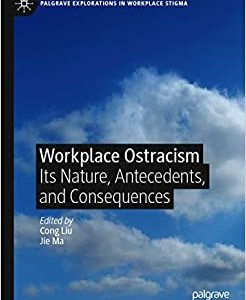Motivated by the steady increase in the population of older migrants worldwide, this book acknowledges the diversity within this population group and provides an interdisciplinary and multi-level approach for studying older migrants’ strategies to overcome vulnerability.
The book brings together original research on the topics of diversity among older migrants, social vulnerability, loneliness, (transnational) care and support networks. Based on a review of the growing literature on the topic of older migrants and anchored in the empirical findings discussed in the chapters, the book puts forward a general approach to study older migrants as social actors who develop strategies to surpass vulnerabilities. As documented by empirical research, older migrants mobilise their resources and are able to deal with structural opportunities and restrictions operating at meso and macro levels. These strategies are placed at the intersection between family obligations and resources, social networks, and migration and care regimes.
The interdisciplinary and multi-level research in this book acknowledges the heterogeneity within the population of older migrants and puts forward research results that have implications for policies targeting the growing population of older migrants. This book was originally published as a special issue of the Journal of Ethnic and Migration Studies.











